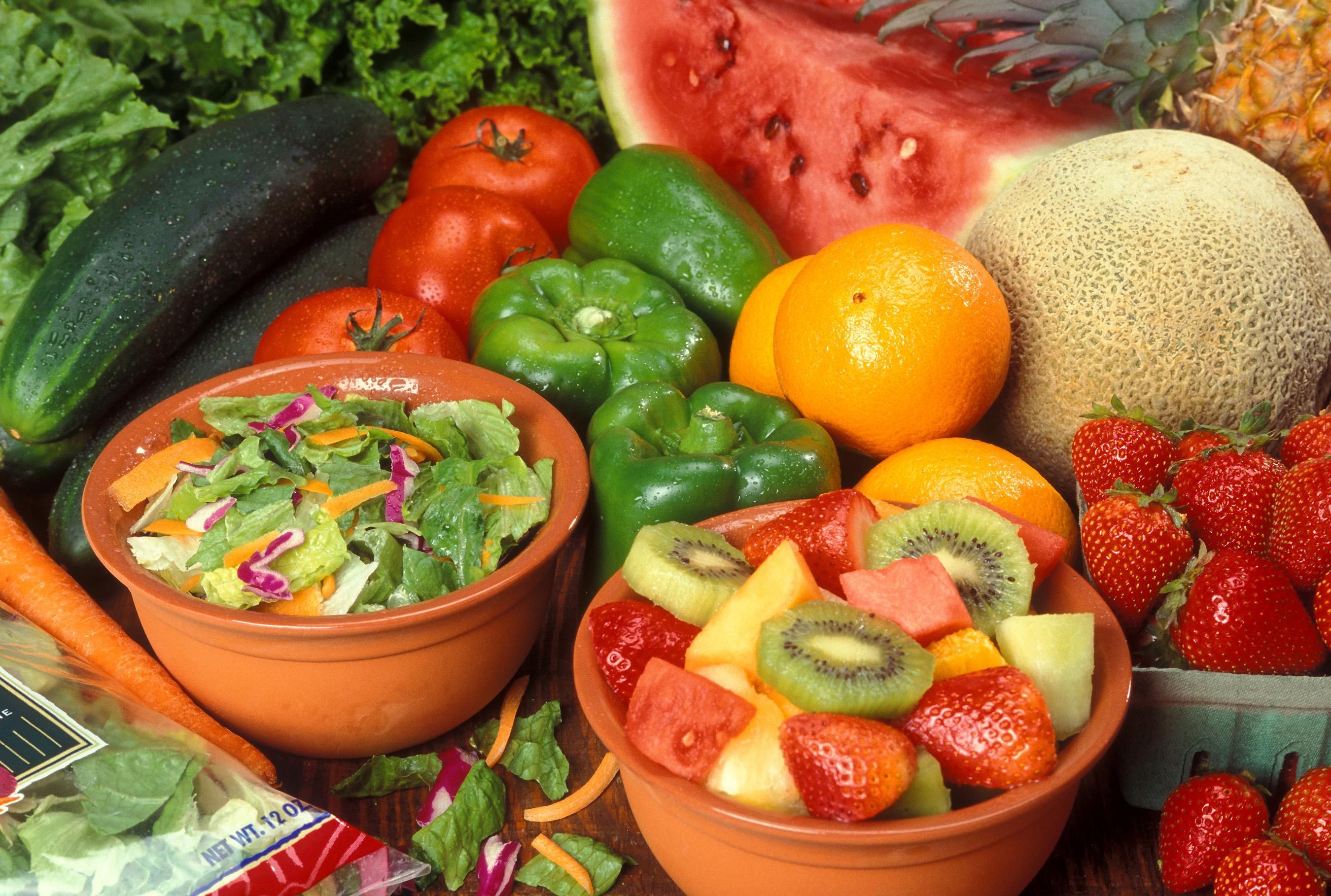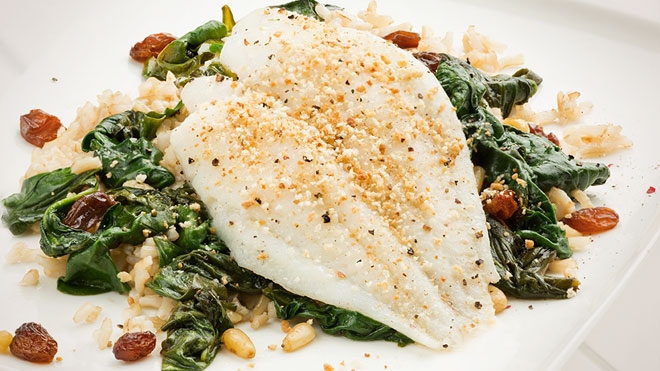People take iron supplementation (along with folate and vitamin B12) for a variety of reasons, such as borderline anemia, pregnancy, preparation for pregnancy, attention deficit, menstrual bleeding, and fatigue.
Iron Overdose and Poisoning
Here's the first thing you need to know about iron supplementation. Inappropriate iron supplementation may lead to iron overdose, iron poisoning, and even death (especially in children) which are not as uncommon as you may think.
Daily Iron Requirements
You need a strategy that includes both iron-rich
food and supplementation, not just supplementation alone. You need both food and supplementation to effectively replenish your iron stores in your blood (to normalize hemoglobin and hematocrit levels). People with the highest needs (such as anemics and pregnant women) require approximately 27mg of iron per day. Other females (with lower requirements) need about 18mg per day. Most males need approximately 10mg of iron per day. Your
supplementation of iron should
not exceed 27 mg of iron per day. You can (and should) get a little bit more from food, in addition to supplementation. Generally, you cannot overdose on iron from FOOD that naturally contain iron.
What You Do For High-Iron-Need Cases (such as borderline anemia and pregnancy)
- Everyday, take a multivitamin with approximately 27mg of Iron, 800mcg of Folate/Folic Acid, and 2.6mcg of Vitamin B12 (such as Centrum Prenatal, even if you are not a pregnant female. If not Centrum Prenatal, choose another well-known brand from a well established company.)
- Eat two of the foods from the list/table below (of foods with iron, folate, and vitamin B12)
- As much as possible, eat a fruit high in vitamin C (such as orange,
kiwi, or mango) immediately after eating iron-containing foods. For
example, you can eat an orange after snacking on cereal containing iron.
- Aim to have 5 to 9 servings of vegetables and/or fruits each day
Foods with Iron, Folate, and B12
|
Iron |
Folate |
B12 |
| Fortified Cereals |
~ 18 mg |
~ 100 mcg |
~ 6 mcg |
| Spinach |
~ 3mg |
~ 131 mcg |
|
| Fish |
~ 1 mg |
~ 12 mcg |
~ 3 mcg |
| Chicken |
~ 1 mg |
~ 12 mcg |
~ 0.3 mcg |
| Fortified Cereals |
~ 18 mg |
~ 100 mcg |
~ 6 mcg |
| Nuts |
~ 1 mg |
~ 20 mcg |
|
| Beef |
~ 2 mg |
~ 7 mcg |
~ 0.5 mcg |
| Beans |
~ 1 - 6 mg |
~ 40 mcg |
~ 1 mcg |
What You Need to Do If You Are a Lower-Need Case
- Daily, take a multivitamin with 10 - 18mg of iron. (Choose a well-known brand. I take Centrum.)
- Eat two of the foods from the list/table above (of foods with iron, folate, and vitamin B12)
- As much as possible, eat a fruit high in vitamin C (such as orange, kiwi, or mango) immediately after eating iron-containing foods. For example, you can eat an orange after snacking on cereal containing iron.
- Aim to have 5 to 9 servings of vegetables and/or fruits per day.
If the 1-2-3 Above Is Not Sufficient
Keep in mind any nutritional strategy for iron may require a month to a year before your body's iron reserves are fully replenished (depending on the individual case). You have to persist in continuing with the appropriate 1-2-3-4 habit above. If the 1-2-3-4 above is not sufficient, add the following:
5. When taking your multivitamin and when eating the foods with iron (on the list above), avoid milk, antacids, other food with calcium, tea, coffee, and caffeine. Calcium and caffeine inhibit the absorption of iron.
6. Eat oysters or other seafood occasionally, but only occasionally. Oysters and other seafood contain a good amount of iron, but they are generally considered unhealthy and may in the long term cause other health problems. Therefore, eat seafood only occasionally. Remember to eat an orange or something with vitamin C immediately after eating iron-rich foods.
Conditions Helped by Iron Supplementation
To see which conditions are more well-established (in science literature) to be helped by iron supplementation, go to -
http://www.nlm.nih.gov/medlineplus/druginfo/natural/912.html#Effectiveness
Disclaimer: Consult your doctor before making use of information on this site or anywhere online. The information here is only for educational purposes and not meant to treat any disease. Use the information here at your own risk. If you choose to use the information on this blog or website, you agree that the author or any entity associated with this blog and website are not liable for any consequences of your use or misuse of the information.






